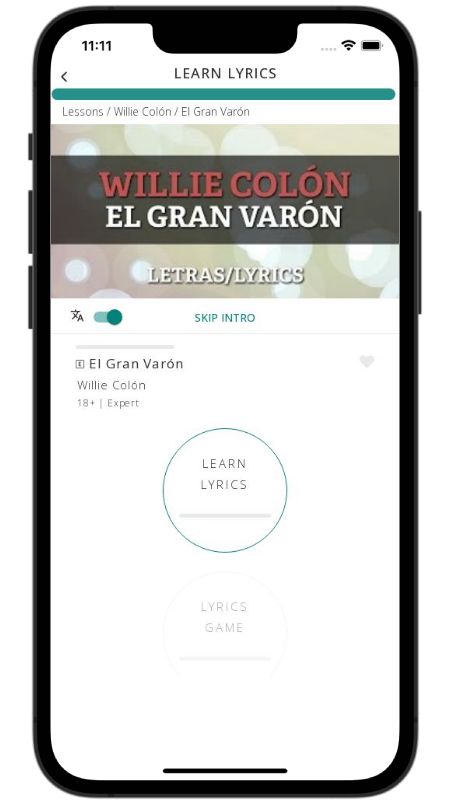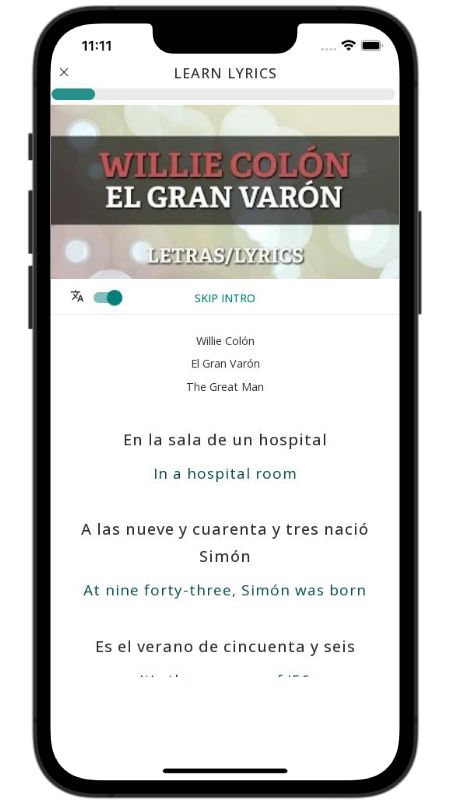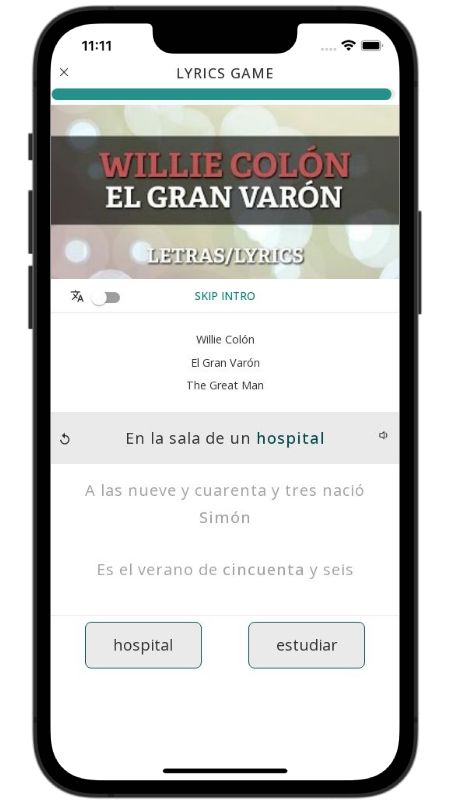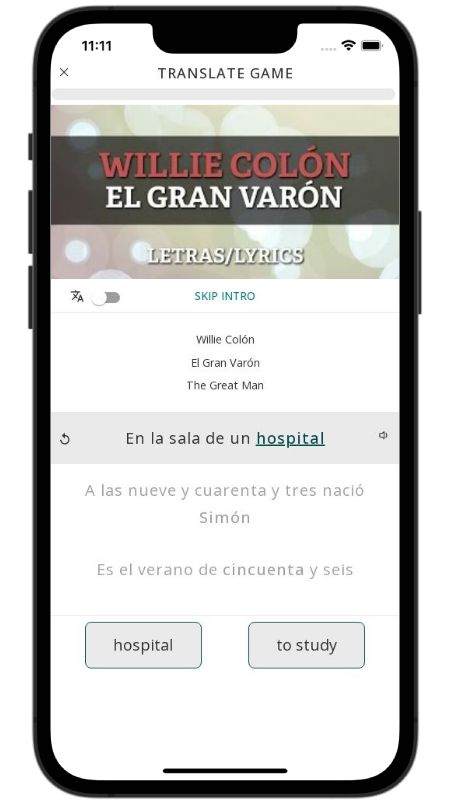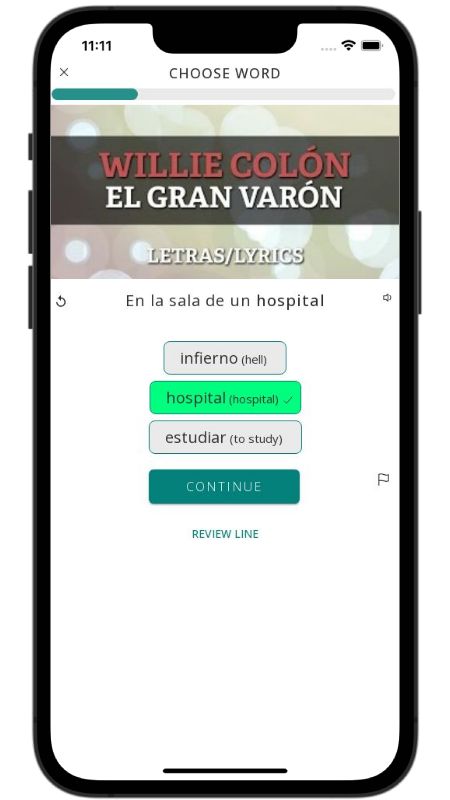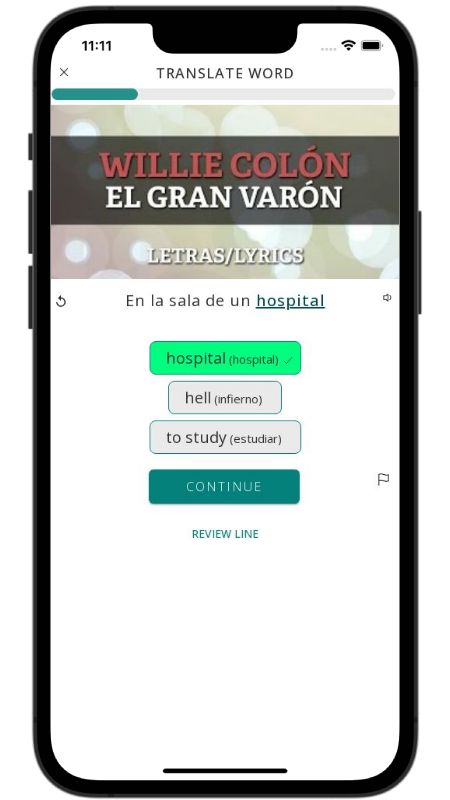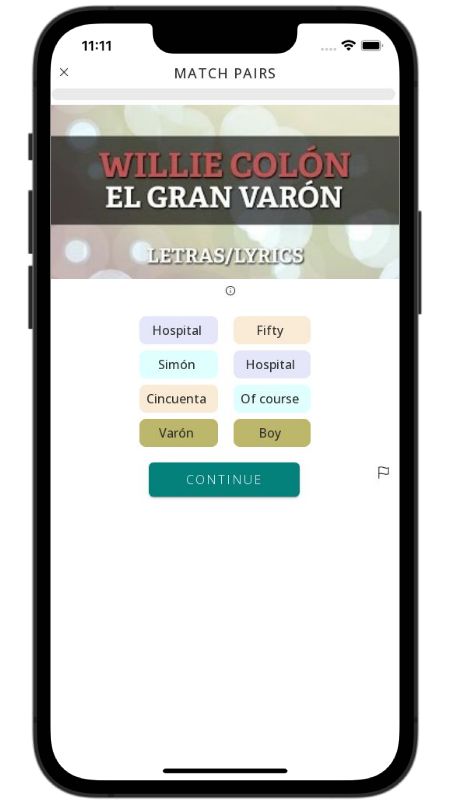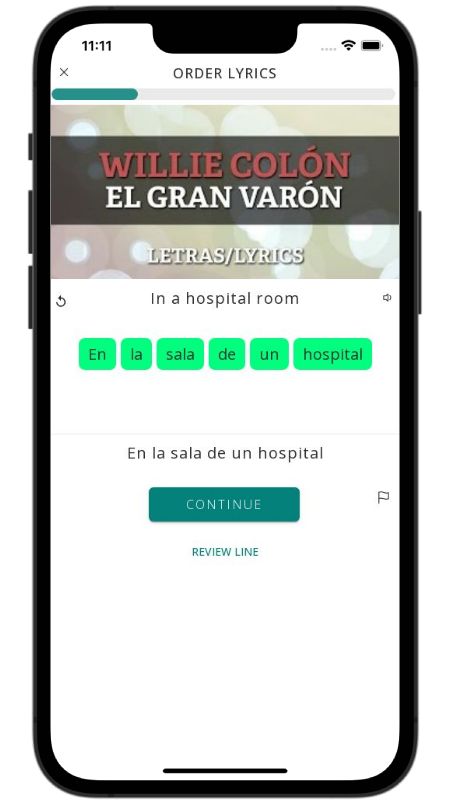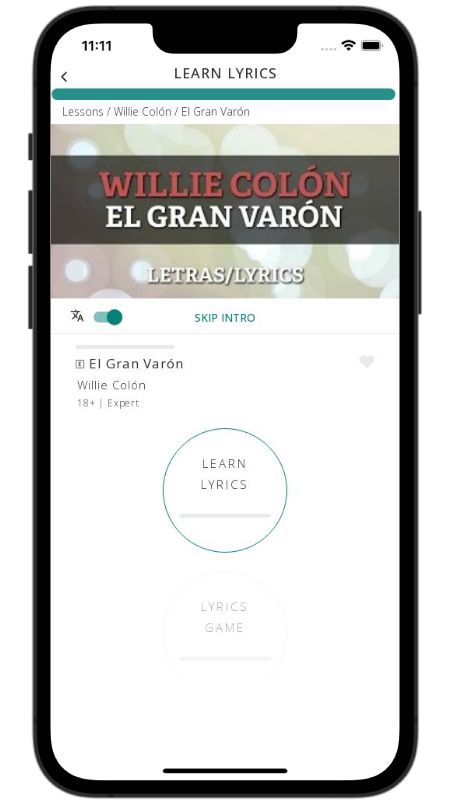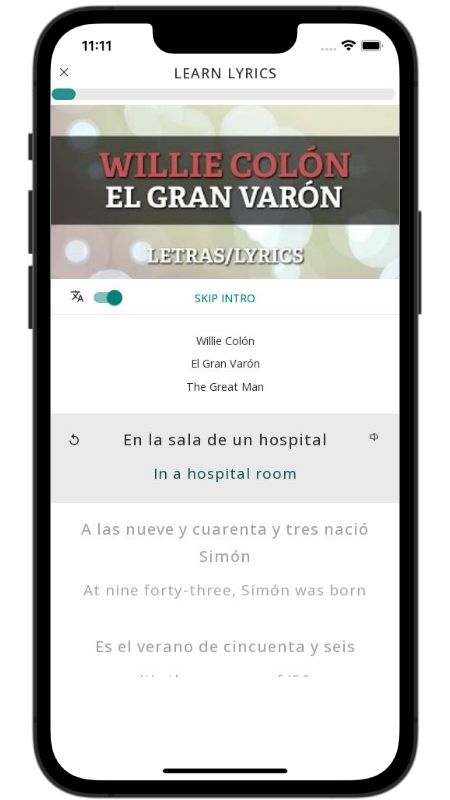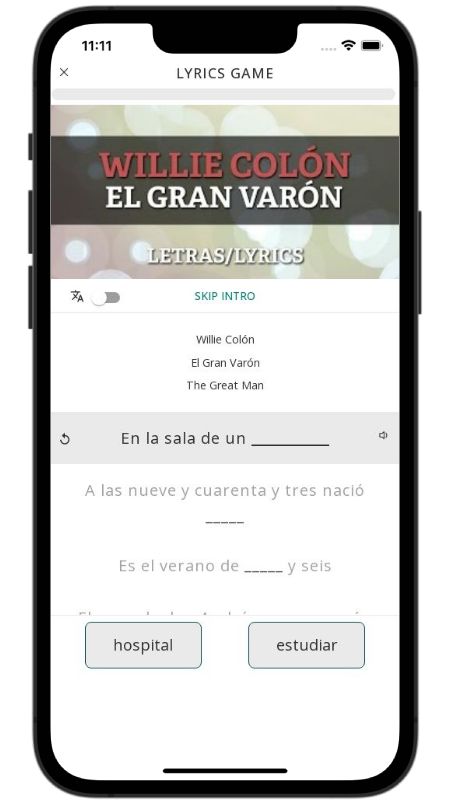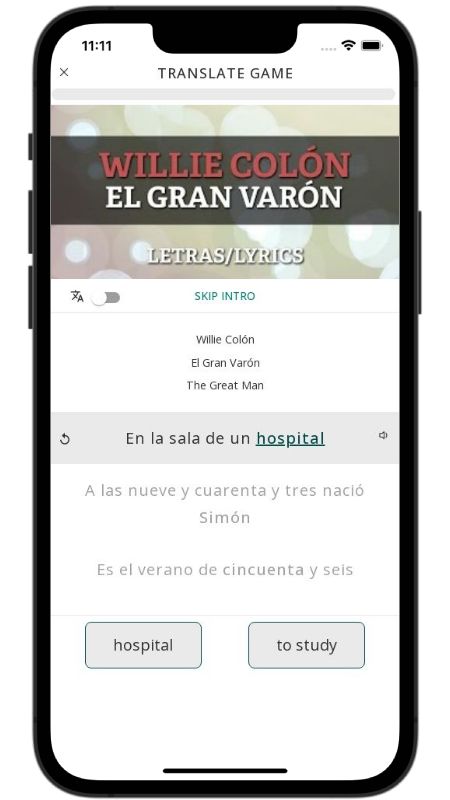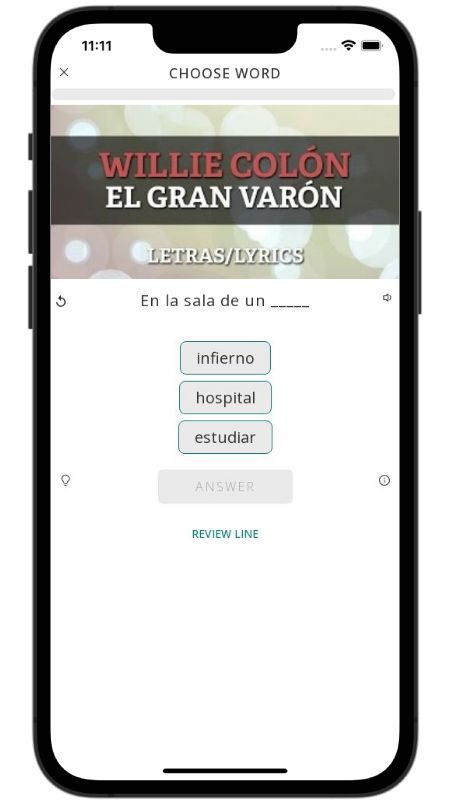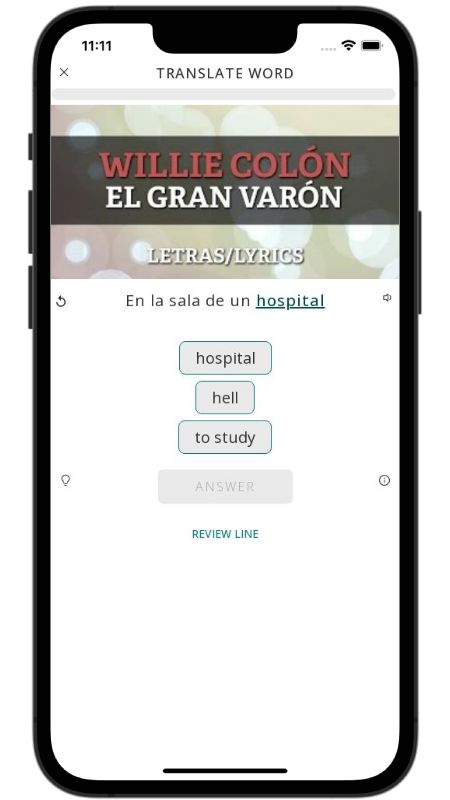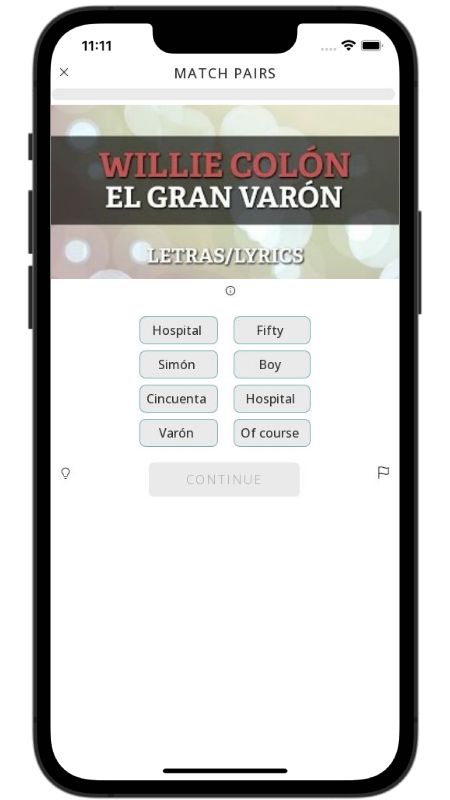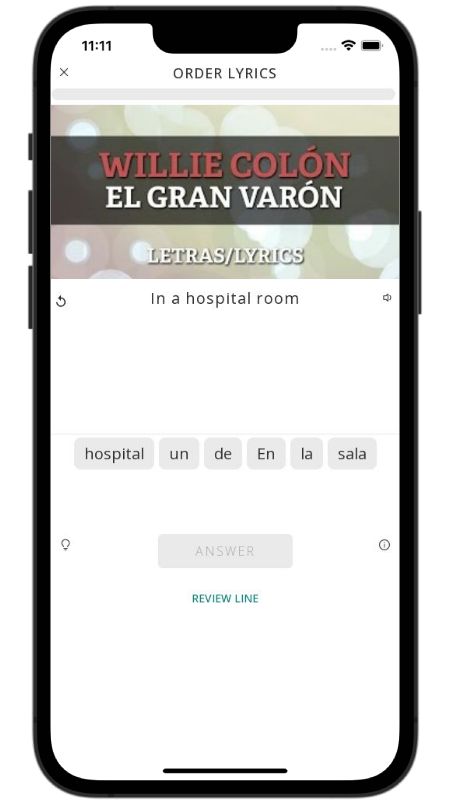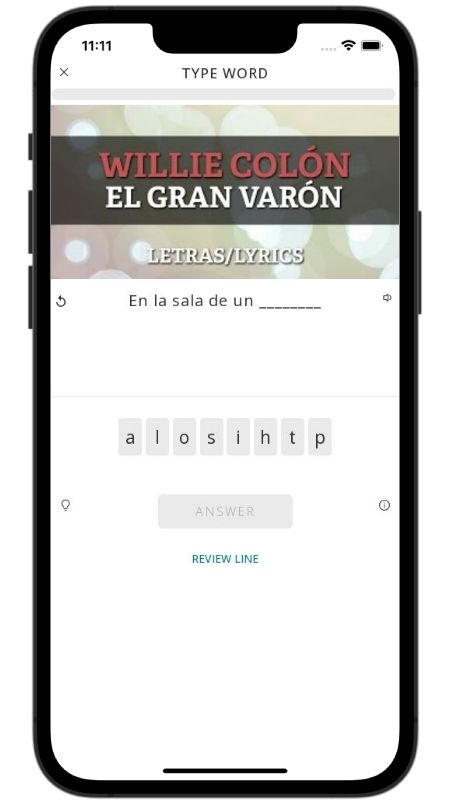El Gran Varón Lyrics in English Willie Colón
Below, I translated the lyrics of the song El Gran Varón by Willie Colón from Spanish to English.
These lyrics have verified word for word translations. Click any lyric word to see the translation and hear the pronunciation!
Verse 1
In a hospital room
At nine forty-three, Simón was born
It's the summer of fifty-six
Don Andrés’s pride, because he was a boy
He was raised like the others
With a firm hand, with strictness, he never spoke up
When you grow up you're going to study
The same thing as your father, listen well
You will have to be a great man
Simón went abroad
Far from home, he forgot that sermon
He changed the way he walked
He wore a skirt, lipstick, and a big purse
People say that one day his dad
He went to visit him without warning, what a mistake
And a woman spoke to him in passing
She said, hi, what's up dad, how's it going?
You don't know me, I'm Simón
Simón, your son, the great man
Chorus 1
You can't correct nature
A tree born crooked never straightens its trunk
You can't correct nature
A tree born crooked never straightens its trunk
You can't correct nature
A tree born crooked never straightens its trunk
He let himself get carried away by what people say
His father never spoke to him, he abandoned him forever
You can't correct nature
A tree born crooked never straightens its trunk
Don't complain, Andrés, don't complain about anything
When life gives you lemons, make lemonade
You can't correct nature
A tree born crooked never straightens its trunk
And as the years go by, the old man giving in a little
Simón didn't even write anymore, Andrés was furious
You can't correct nature
A tree born crooked never straightens its trunk
At last there was news of where his son was
Andrés never forgot the day of that sad call
Verse 2
In a hospital room
From a strange illness, Simón died
It's the summer of eighty-six
For the patient in bed ten nobody cried
Chorus 2
You can't correct nature
A tree born crooked never straightens its trunk
We must have compassion, enough with the moralizing
Whoever's free of sin, let him throw the first stone
You can't correct nature
A tree born crooked never straightens its trunk
The one who never forgives has a sure fate
To live bitter memories in his own hell
You can't correct nature
A tree born crooked never straightens its trunk
Did you like this lyrics translation?
Did you know?
In addition to reading lyric translations, you can now learn Spanish with music and lyrics from your favorite artists.
Yes, including El Gran Varón by Willie Colón!
No more boring lessons. You can now learn with engaging and culturally relevant lyrics from the best artists.
Apple and App Store are trademarks of Apple Inc.
Google Play and the Google Play logo are trademarks of Google LLC.
MORE WILLIE COLÓN
iOS AppAndroid AppWeb LessonsFree PDF WorksheetsJoin ClassroomLyrics TranslationBlogAbout UsBuy as GiftLifetime
